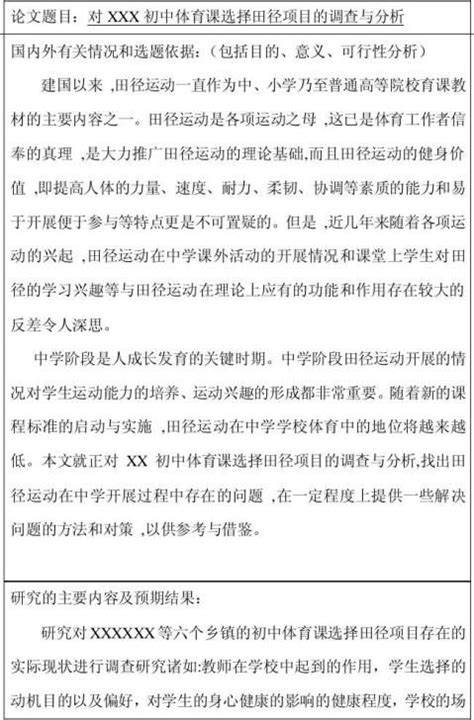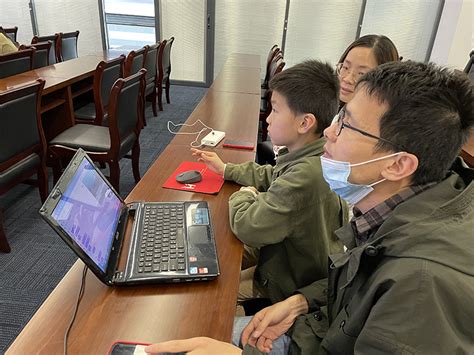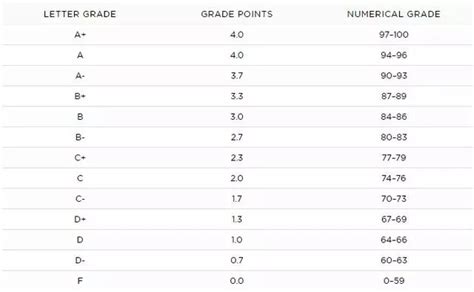体育科研课题题目大全
Title: Exploring the Impact of Sports Science Research: A Comprehensive Review
Abstract:
Sports science research has become increasingly significant in enhancing athletic performance, preventing injuries, and optimizing training methodologies. This paper provides a comprehensive review of the latest advancements in sports science research, encompassing areas such as biomechanics, physiology, nutrition, psychology, and technology. By analyzing current studies and methodologies, this review aims to elucidate the impact of sports science on athlete development, performance enhancement, and injury prevention. Additionally, it explores the potential future directions of sports science research and its implications for athletes, coaches, and sports organizations.
Keywords:
Sports Science, Biomechanics, Physiology, Nutrition, Psychology, Technology, Athlete Performance, Injury Prevention, Training Methodologies, Research Impact.Introduction:
Sports science research plays a pivotal role in enhancing athletic performance, preventing injuries, and optimizing training strategies across various sports disciplines. Over the past decades, advancements in technology and interdisciplinary collaboration have fueled significant progress in understanding the complexities of human physiology, biomechanics, nutrition, and psychology as they relate to sports performance. This paper aims to provide a comprehensive overview of recent developments in sports science research and assess their implications for athletes, coaches, and sports organizations.
Biomechanics in Sports Science:
Biomechanics is a fundamental component of sports science, focusing on the analysis of human movement and its interaction with sports equipment and the environment. Recent research in biomechanics has utilized advanced motion capture systems, force plates, and computational modeling techniques to elucidate the biomechanical principles underlying optimal athletic performance. Studies have examined techniques in various sports such as running, swimming, and throwing, aiming to optimize movement patterns and minimize the risk of injuries. Furthermore, biomechanical analysis has contributed to the design of innovative sports equipment, such as running shoes and swimming suits, to enhance performance and reduce biomechanical stress.
Physiology and Performance Enhancement:
Understanding the physiological demands of sports activities is essential for optimizing training programs and enhancing athletic performance. Recent research in exercise physiology has explored the mechanisms of fatigue, energy metabolism, and cardiovascular adaptation during exercise. Through controlled laboratory studies and fieldbased experiments, researchers have identified key physiological markers of performance and developed strategies to improve endurance, strength, and recovery in athletes. Moreover, advancements in wearable sensor technologies have enabled realtime monitoring of physiological parameters, facilitating personalized training interventions and performance optimization strategies.
Nutrition and Sports Performance:
Nutrition plays a critical role in supporting athletic performance, recovery, and overall health. Recent research in sports nutrition has investigated the impact of macronutrients, micronutrients, and hydration status on exercise performance and recovery. Studies have examined the timing and composition of pre and postexercise meals, dietary supplements, and hydration strategies to optimize nutrient intake and fuel utilization during training and competition. Additionally, personalized nutrition approaches based on individual athlete characteristics and training goals have gained prominence in sports science research, aiming to maximize performance outcomes and minimize the risk of nutritional deficiencies.
Psychology and Mental Skills Training:
The psychological aspects of sports performance, including motivation, confidence, focus, and stress management, are critical determinants of success in athletics. Recent research in sports psychology has explored various mental skills training techniques, such as visualization, goal setting, and cognitivebehavioral interventions, to enhance performance and resilience in athletes. Additionally, the application of psychological principles in coaching and team dynamics has garnered attention in sports science research, aiming to optimize athlete motivation, communication, and cohesion for improved performance outcomes.

Technology Integration and Performance Analysis:
Advancements in technology have revolutionized the field of sports science, enabling the collection, analysis, and interpretation of vast amounts of data to inform training and performance strategies. Recent research has focused on integrating wearable sensors, GPS tracking systems, and video analysis tools to quantify athlete performance, monitor training load, and identify biomechanical and physiological markers of fatigue and injury risk. Furthermore, the application of artificial intelligence and machine learning algorithms has facilitated predictive modeling of performance outcomes and personalized training recommendations based on individual athlete data.
Conclusion:
In conclusion, sports science research continues to drive innovation and excellence in athletic performance, injury prevention, and training methodologies. Recent advancements in biomechanics, physiology, nutrition, psychology, and technology have provided valuable insights into the complex interplay between human physiology, biomechanics, and environmental factors in sports performance. Moving forward, interdisciplinary collaboration and the integration of cuttingedge technologies will be instrumental in advancing our understanding of sports science and optimizing athlete development and performance on a global scale.











